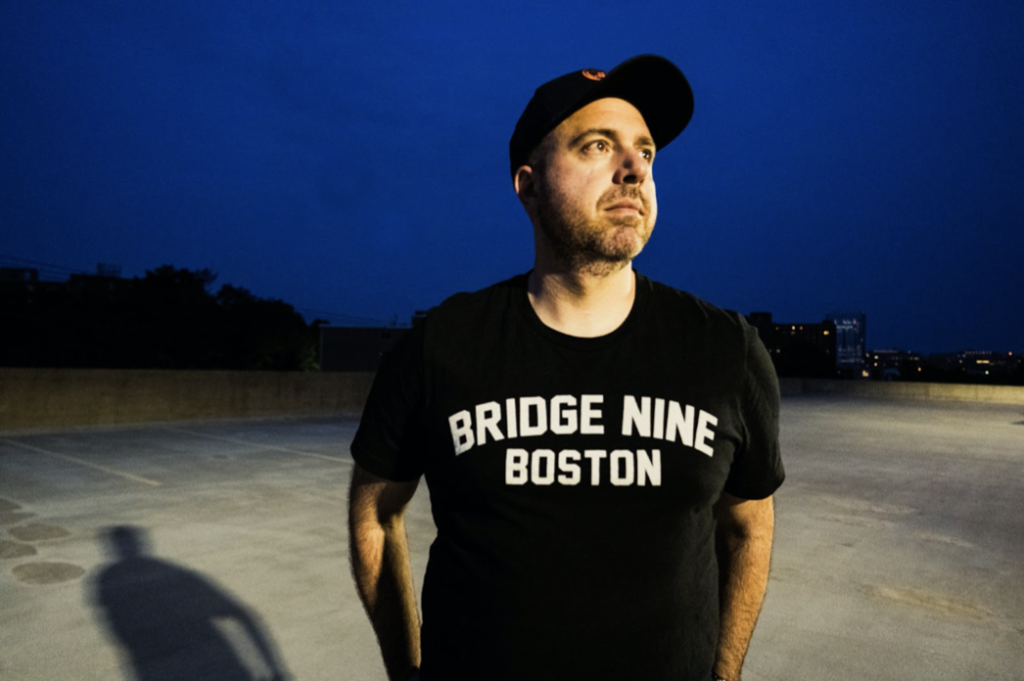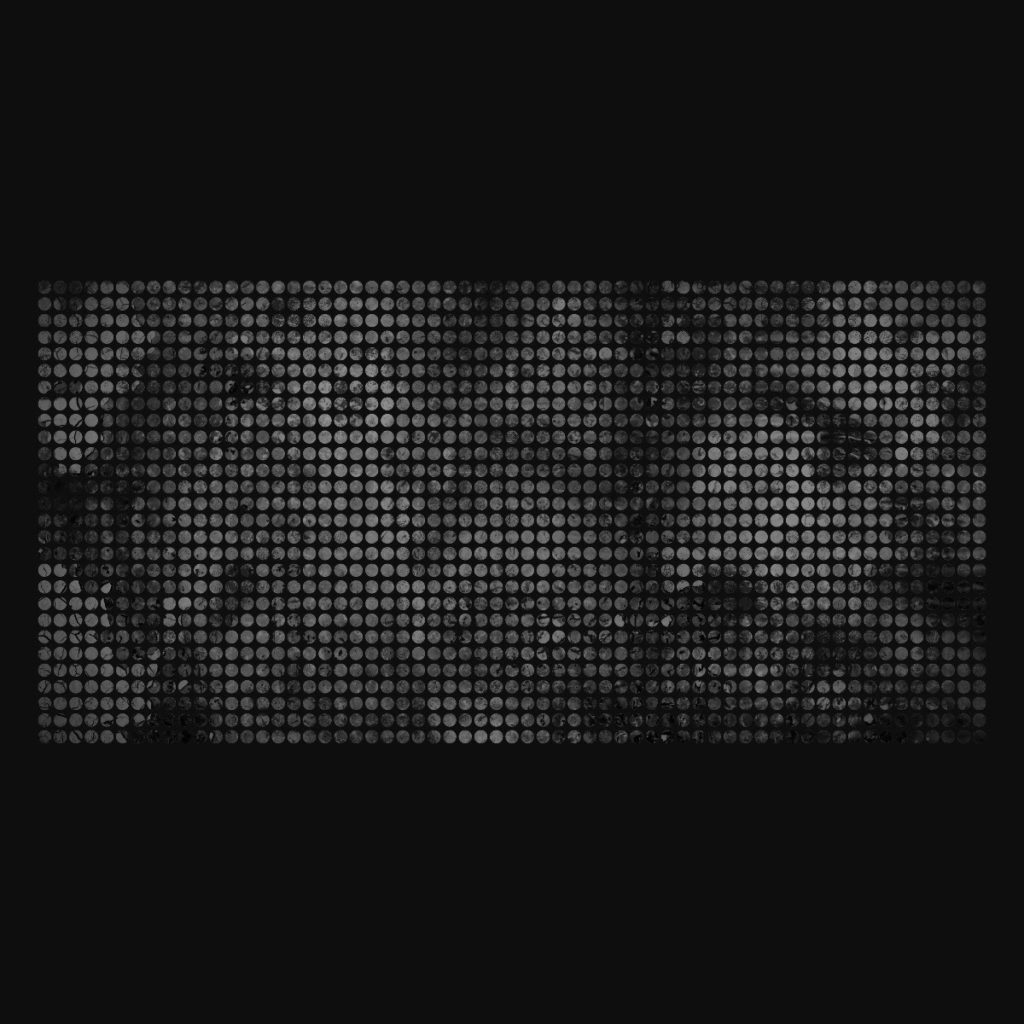IODINE RECORDINGS RELAUNCHES
INFLUENTIAL INDIE LABEL TO REISSUE SIGNATURE TITLES + SIGN NEW BANDS
REISSUE OF JEROMES DREAM’S LANDMARK ALBUM PRESENTS DUE OUT SEPTEMBER 24
Influential label Iodine Recordings, which launched back in 1996 by distributing punk and hardcore records from a cramped apartment in Boston during the golden age of mail-order and print catalogs, is back.
The label has been rebooted by founder Casey Iodine. In addition to reissues of signature titles by influential acts like Jeromes Dream and There Were Wires, the label will once again serve as a home for new artists. New signings include Audio Karate, Onelinedrawing, The Darling Fire, Ritual Earth, and more to come.
Presents, the 2001-released album by influential post-hardcore/emo band Jeromes Dream, is one such reissue. The album marked a departure from the band’s prior sonic output and incorporated elements of hardcore, math-rock, and punk — all fused together into an intense and chaotic masterpiece engineered by Kurt Ballou of God City/Converge. KERRANG! labeled it “some of the most impressive noise rock to come out of the early ’00s.” The album, celebrating its 20-year anniversary, is now fully remastered and available on vinyl for the first time. It arrives on September 24. Get it here.
Also, The Darling Fire is premiering its cover of Fugazi’s “Reclamation” at Punk Rock Theory on August 6.
Despite its humble beginnings, Iodine eventually grew into a well-respected and culturally important label recognized for its contributions to the burgeoning indie scene in New England. It served as home to a number of notable bands and artists who would later become highly influential in underground music.
Influenced by labels like Sub Pop and Dischord, Iodine seamlessly developed a brand that was respected for its quality rather than adhering to a specific genre. The label eventually functioned as a breeding ground for the best new artists who eventually went on to upstream and to do big things: Smoke or Fire signed to Fat Wreck Chords, Orange Island put out releases on both Rise Records and Triple Crown, Gregor Samsa moved to Kora Records, and There Were Wires went on to form the bands Doomriders and Disappearer.
Additionally, the label team booked shows, managed tours, and helped build and foster a community. This was most prevalent each year when they hosted the annual music festival, dubbed “Iodine Fest.”
Iodine always brought together some of the best bands of the era in punk, hardcore, and emo, and always left the door open to new local bands to give them the opportunity to be a part of something bigger.
“Iodine was always known for its diversity of sound as we released albums from different genres and no two records were alike,” Casey says. “The brand always reflected my personal music taste, and I believe that is what set Iodine apart from other labels. We’ve always been known for the quality of our releases, and I hope to keep that reputation going strong.”
In 2004, due to a financial downturn, Iodine made the decision to shutter the label. This decision, while difficult, was necessary. After closing shop, Casey traveled the world, hiked the entire Appalachian Trail, and lived in Nepal Himalayas. But deep down, he remained unsettled by how things ended with Iodine. It was like a splinter that he could never quite excise.
“The label grew faster than any of us had expected with numerous new signings and releases in our final year,” Casey recalls. “The music industry was rapidly changing with the emergence of digital music sharing and our sales dwindled to a trickle — even though our bands were very popular and mostly playing sold-out shows. I made the decision to close the label rather than continue digging a deeper hole that we didn’t see a way out of. I never liked the way things ended, and not a week has gone by over the last 18 years that I didn’t think about how I wished things went differently.”
Ultimately, Iodine was more than a label — it represented a scene. Casey’s decision to revitalize the label and reissue many of the catalog’s out-of-print titles spurred an overwhelmingly positive response from fans and the industry, which led to new signings and contract negotiations, and thus, Iodine Recordings was officially back in business.
“I was always looking for a reason to bring the label back and get some of those final releases the attention they deserved,” he shares. “It started with There Were Wires, who reached out looking to reissue their final release Somnambulists, which was originally released in the final weeks before the label shutdown. Originally my intention was to re-issue Iodine’s back catalog or releases from that era of friends’ bands, but I was overwhelmed by the warm reception the label received when I announced its return. I quickly reconnected with a lot of artists that I worked with over the years and found myself in numerous discussions for signing new artists to work with on the label for new releases.”
Iodine plans to remain a small and focused operation with a singular mission and one that has not changed since its inception in 1996 — releasing the best of the best in indie music and ALWAYS putting fans first.





